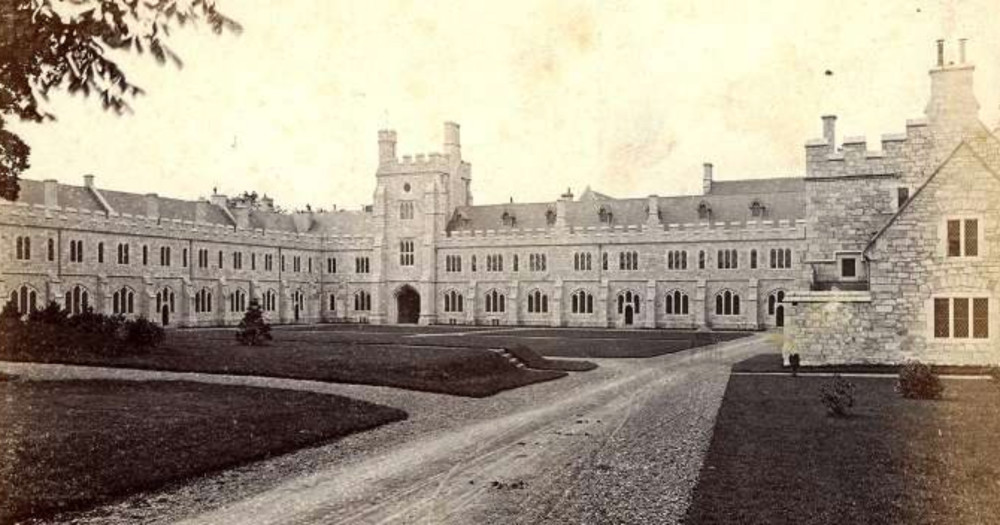With the website HistoryPin, you can now trace roots and see the mapping of ancient LGBTQ+ history in Ireland dating back centuries. Ceilte: an Irish word meaning covert, hidden, not openly acknowledged or displayed. Ireland is an ancient country with a rich history of its people-all it’s people, including the LGBTQ+ community, which for decades has been swept under the rug, but not anymore.
With HistoryPin, you can click on a location in Ireland, or just scroll through the timeline to see landmarks, people, and events that are significant to Ireland and it’s LGBTQ+ heritage. The best part is for all you history buffs: you can add events and locations to the timeline, so you can help Ireland’s hidden history grow.
Take a look at some of the rich and unique history of Ireland’s LGBTQ+ community:
The Dublin Castle Scandal of 1884
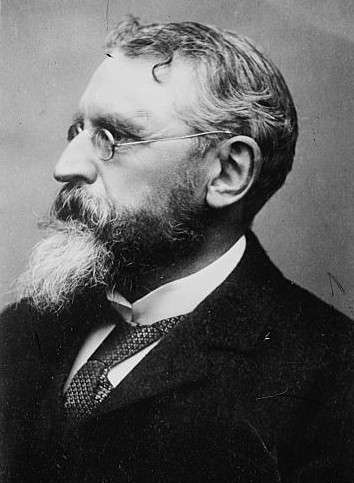
Who doesn’t love a good scandal? An Irish nationalist member of the British Parliament from Cork, William O’Brien, a fanatic known as ‘Screaming William’, who was also the editor of the nationalist newspaper, The United Irishman, accused a prominent British government official, Gustavus Cornwall, head of the General Post Office in Ireland, of being a homosexual.
Cornwall made the mistake repeated a decade later by another Irishman, Oscar Wilde, and sued O’Brien for libel, and the subsequent trial revealed the existence of an extensive gay sub-culture in Victorian Dublin.
Two Women ‘Playful Mating’ in 12th century Book of Leinster
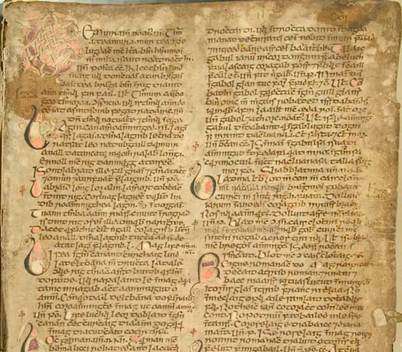
The Book of Leinster (Irish Lebor Laignech), is a medieval Irish manuscript compiled ca. 1150 and now kept in Trinity College, Dublin. The American historian Lisa Bitel drew attention to a story in the manuscript that mentioned ‘playful mating’ (‘lánamnas rebartha’) between two women.
Harvard Art Historian disappeared on Inishboffin, Co. Donegal in 1933
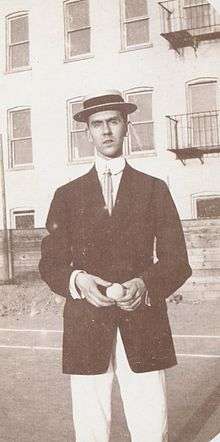
When millionaire Harvard professor Arthur Kingsley Porter vanished without a trace on a remote island off the coast of Donegal almost 80 years ago, the rumour mill kicked into overdrive. Had he accidentally fallen from a cliff or died by suicide? Had the 50 year-old been murdered? Or had he faked his own death and re-emerged with a new identity on mainland Europe?
Research now shows a love triangle turned deadly when Professor Porter went out for a walk and was never seen again.
Bullen’s Bay: the birthplace of pirate Anne Bonney
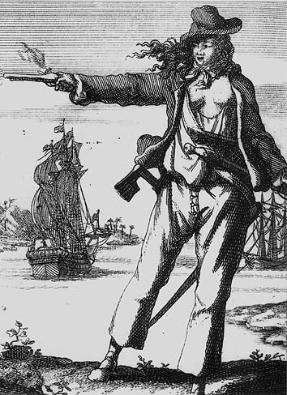
Anne Bonny (possibly 1697 – unknown; possibly April 1782) was an Irish pirate operating in the Caribbean, and one of the most famous female pirates of all time, and she was known to be in a relationship with the equally famous female pirate, Mary Read.
William of Orange, Victor at the Battle of the Boyne (1690)
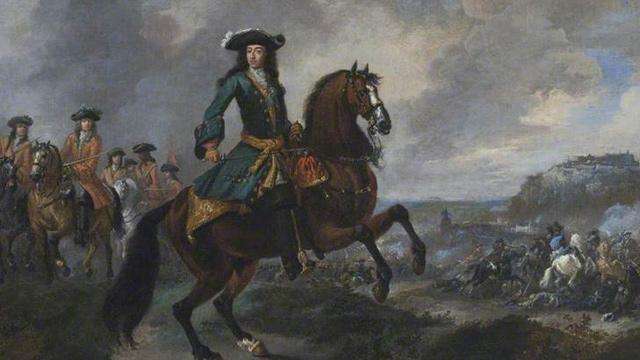
Gay rights activists in Northern Ireland made the shocking (to some) claim that King Billy was gay, and certainly, the young monarch had his male favourites at court. But was he truly Billy the Pink, or was it a rumour spread by his enemies?
Want to check out more Irish LGBTQ+ heritage? Check out the Ceilte map on HistoryPin to discover more.
© 2020 GCN (Gay Community News). All rights reserved.
Support GCN
GCN is a free, vital resource for Ireland’s LGBTQ+ community since 1988.
GCN is a trading name of National LGBT Federation CLG, a registered charity - Charity Number: 20034580.
GCN relies on the generous support of the community and allies to sustain the crucial work that we do. Producing GCN is costly, and, in an industry which has been hugely impacted by rising costs, we need your support to help sustain and grow this vital resource.
Supporting GCN for as little as €1.99 per month will help us continue our work as Ireland’s free, independent LGBTQ+ media.
